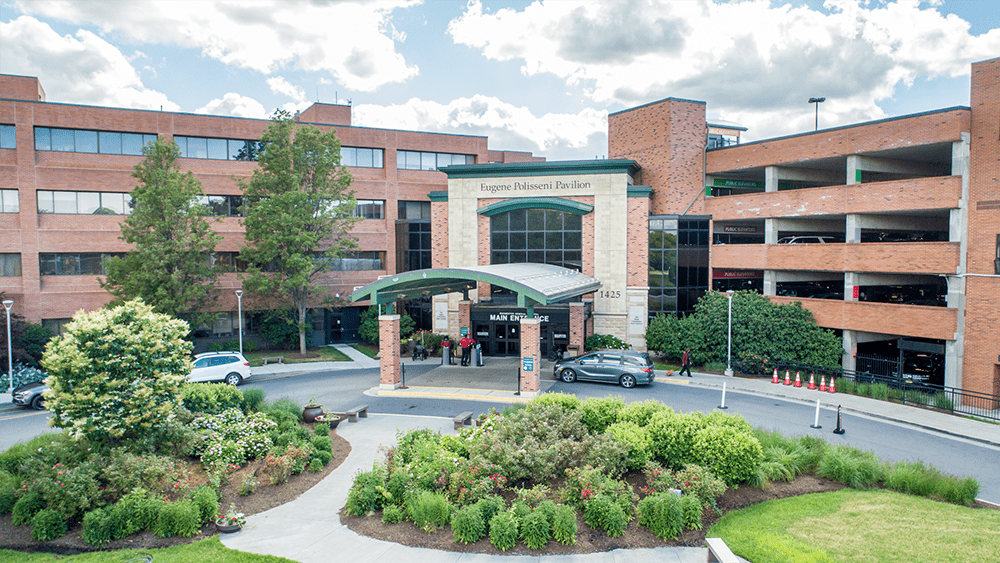
Over the last quarter century, the advancement of DNA technology allowed physicians and scientists to make considerable advances with medical testing.
Using this new knowledge as a method of screening allows providers to get a better sense of who might have an increased risk of developing certain health conditions. This testing does not determine if a patient has developed or will develop a particular condition, but can determine who might be at substantially increased risk and influence medical management.
Kim Provenzano, NP, is an Advanced Practice Nurse in Genetics at Lipson Cancer Institute with Rochester Regional Health and has 25 years of experience with genetic testing for breast and gynecologic cancers, as well as cardiac conditions.
At Lipson Cancer Institute, genetic testing is offered for a variety of inherited syndromes. This includes but is not limited to:
“Identifying at-risk women through the use of genetic testing allows us to create individualized medical interventions that can lead to early detection, prevention, and better quality of life for both our patients and their families,” Provenzano said.
Most patients arriving at Lipson Cancer Institute are referred by their providers, whether primary care, cardiology, oncology, radiation, urology, or OBGYN.
Once a patient arrives at their appointment, they will begin genetic counseling with a provider. Genetic counseling focuses on a patient’s family history of disease and includes a risk assessment. The assessment will include:
Once all of this information is documented, providers will perform a risk calculation to determine if genetic testing would be helpful to the patient.
Based on the results of the assessment and initial appointment, providers will go through the process of informed consent – a conversation in which the patient is counseled regarding the benefits, limitations and potential alternatives of genetic testing and is given the opportunity to make an informed decision as well as ask questions.
Genetic testing is conducted by collecting a blood or saliva sample from a patient, depending on the type of test being performed. The sample is then sent to an outside laboratory to be tested. The time between sample collection and results varies based on the type of test being performed.
Providers with Lipson Cancer Institute utilize multi-gene panel testing, which can encompass as many 90 genes in a single test. This technique allows providers to assess a patient’s risk for many different types of cancer all at once.
If genetic testing identifies a patient as being at increased risk for a particular type of condition, providers are able to connect them to the specialists who are best equipped to help. This may include:
“We find patients who have genetic testing done are less anxious, and feel more reassured and empowered to make better health care decisions,” Provenzano said. “The knowledge they receive allows them to inform other family members about potential risk and seek appropriate medical management. It’s a positive thing in most cases.”
